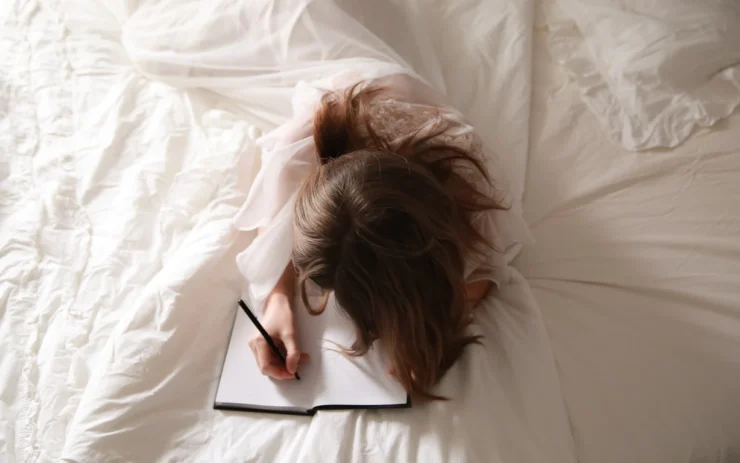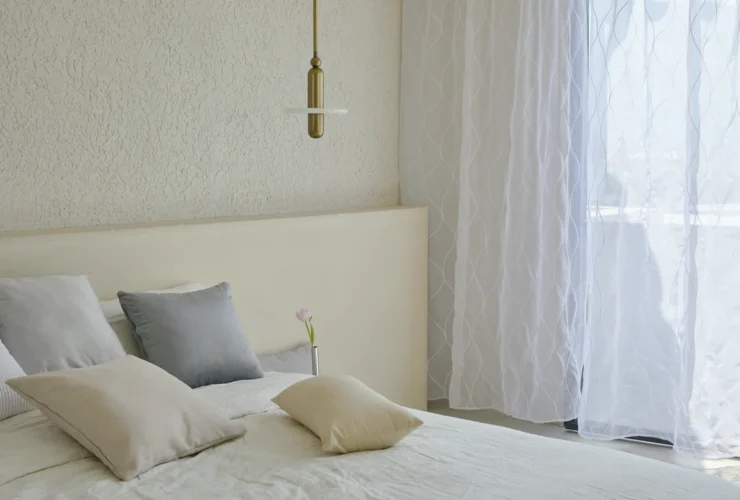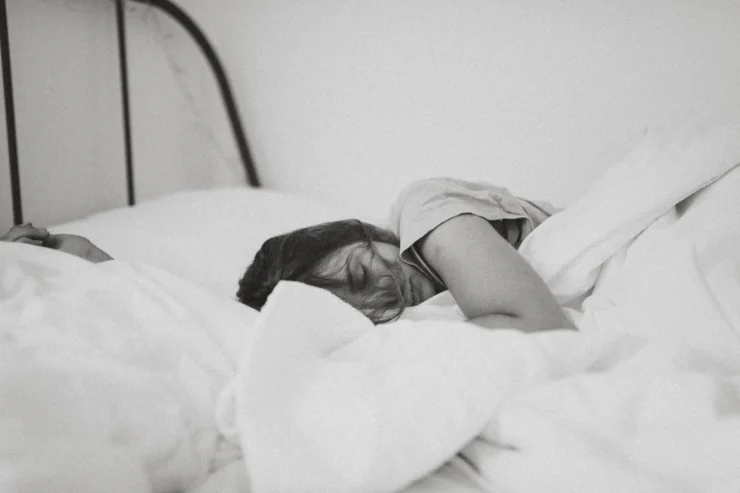It’s a fact. We just don’t get enough of the right kind of sleep, and it’s terrible for us. Modern life has so many demands, and challenges that sleep falls down the priority list a lot. There are many causes here, and we won’t pretend it’s a simple issue.
Setting up the ideal sleeping arrangement should be the number one step. If you’re unsure about what’s ideal for you, here’s a great article that might help. With step one out of the way, you can apply some of these other ideas too.
Create a routine

Any behavior requires repetition before it becomes a habit. You could start by trying to get to bed at the same time each night. If you feel you’re not quite ready to sleep, try reading a book for a while.
Make sure it’s a physical book, as an e-reader is more likely to keep you awake due to the blue light it emits. Other bedtime rituals, such as a warm shower or bath and a hot drink, may also help create a healthy routine.
Remember, your body likes to have a regular pattern to follow. This applies not only to your mind and psychological well-being but even to your organs. Every part of you needs to anticipate what functions to perform next, so cycles really matter!
Try and get some Sunshine During the Day

A daily dose of sunshine is not always possible, but it’s worth it whenever possible, particularly if you can get outside during the morning. Better still, why not get some exercise at the same time? This can be something as simple as walking the dog.
Doing this will achieve two objectives: the dog will be exercised, and you get a dose of natural light with some light exercise. Of course, if you don’t have a dog, you could offer to walk your neighbor’s dog or simply walk around the block on your own.
Exposure to sunlight will build up your body’s store of vitamin D and help set up a natural circadian rhythm. This will help stimulate your body to produce melatonin at the correct time every day.
Also known as the sleep hormone, it’s formed in the pineal gland at night from tryptophan, an essential amino acid. The trigger for this seems to be the switch from light to darkness. The neurohormone melatonin is constantly circulating through your body but is manufactured mainly at night.
Research has shown that a melatonin deficiency can have a devastating impact on your sleep, so you want to be sure that you keep your levels up.
Give Some Thought to How You Arrange Your Sleeping Area

Always ensure your sleeping area is clean and cozy but well ventilated. A potted plant or two may help keep the air fresh. Some lavender under your pillow will give off a pleasant, soothing smell throughout the night.
If there are street lights outside your window, some heavy curtains would be a good idea. Similarly, noise can be an issue for many city-dwellers, and heavier curtains will also mediate.
You could think about getting expert advice on the most suitable bed and mattress for you and your favored sleeping position. A good mattress is an excellent investment and one that can make all the difference.
Remove Electronics from Your Sleeping Area

It may be tempting to leave your phone on charge next to your bed, but all electronic devices emit blue light, which can interrupt sleep patterns. They will also create ambient light so, even though you think your room is dark, it’s not.
This can interrupt your body’s ability to manufacture melatonin. It’s far better to leave your phone in another room where you can still hear it ring if there’s an emergency. Some people find that listening to peaceful music for a while helps them to relax at bedtime.
This is worth a try, but remember to set the device to switch off after ten minutes or so to avoid the problem of blue light. If you use a radio alarm or rely on your phone to wake you in the morning, consider going back to using an old-fashioned alarm clock.
Of course, if you train yourself effectively and get your circadian rhythm back as it should be, you’ll have the luxury of waking naturally without an annoying alarm. That’s an ideal state of affairs if you can attain it!
Avoid Stimulants Near Bed Tim

This may seem obvious, but it’s surprising how many people consume alcohol or caffeine just before bed. Try replacing these drinks with something soothing like chamomile tea or warm milk if this sounds like you.
Warm milk drinks have the double benefit of being a natural source of tryptophan (the precursor for melatonin) and soothing and relaxing. You’ll also find it helpful to reduce the quantity of liquid you consume near bedtime. Otherwise, you may find yourself waking up in the night for a visit to the bathroom.
Sugar and spice may be nice, but they aren’t great for that sleepy feeling. Very hot foods, such as many Thai, Indian, or Mexican dishes, may often excite the body. This will often make sleep harder to come by than usual, just as caffeine does.
Last Thoughts on Healthy Sleep Habits

Remember that your body and mind are not mechanisms that can be handled like a clock or a toaster. Sleep, likewise, can’t be turned on and off at will. It’s all a part of a holistic approach, so you’ll have to find the way that works with and for you.
Eating well, maintaining healthy routines, being mindful, and many other things are all involved here. Sleep is one area of a wider map when you view it this way, and it’s imperative to find balance in all that you do.
You may find it surprising just how much impact other parts of your life have on sleep quality, and vice versa. Sleeping well will tend to radiate goodness and positivity into all the other spheres of your life too. Try it and see for yourself!

